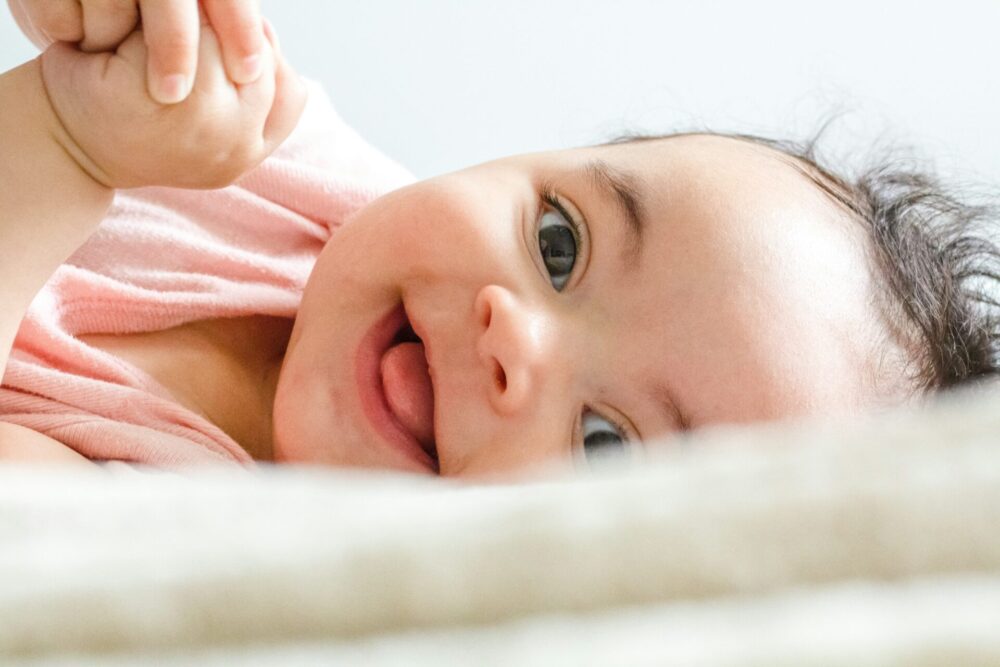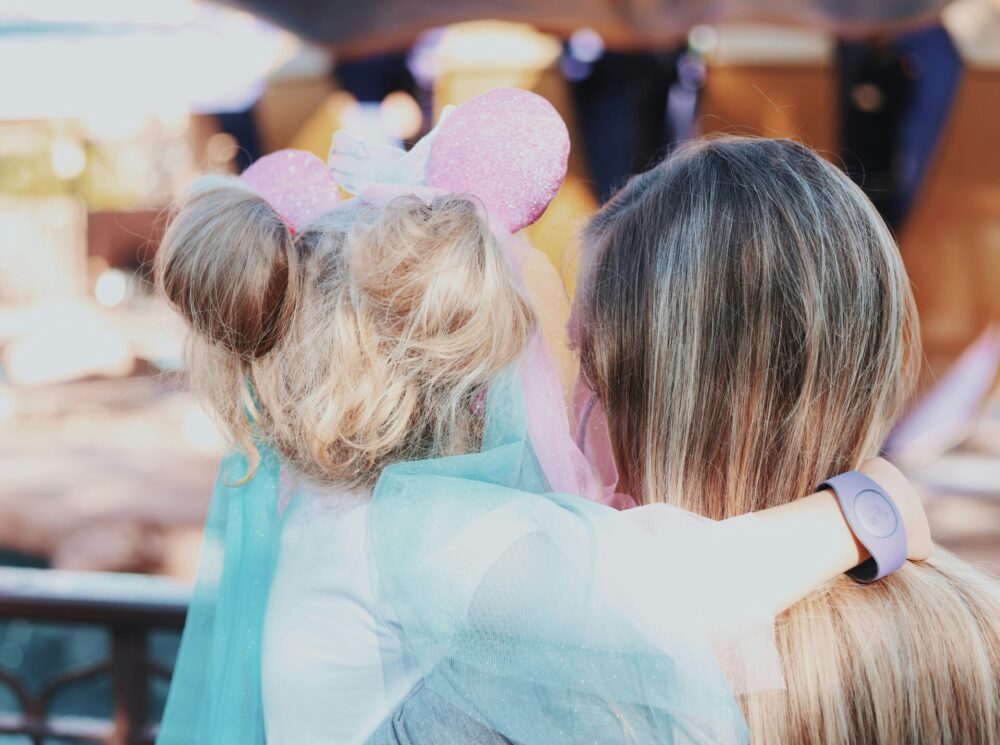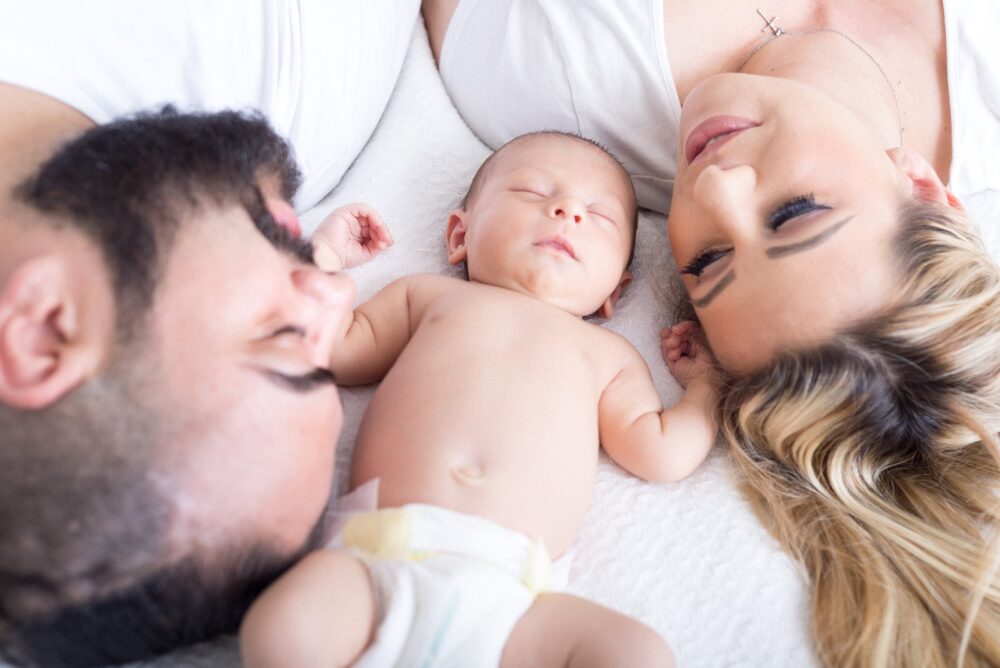BLOG
Gender Differences In IVF Emotional Responses
IVF
Share this:
All of our blog posts are written, edited, or produced by the Kind iVF Content Team. This is a collaboration between our expert writers, health editors, and the leading researchers and senior doctors at our clinics across the UK.
Key Takeaways
- Understanding emotional responses in IVF
- Gender-specific emotional impacts
- Importance of emotional support and counselling
In the realm of fertility treatments, IVF (In Vitro Fertilization) stands as a beacon of hope for countless couples striving to conceive. Yet, the emotional journey it entails varies significantly between genders. This article delves into the nuanced gender differences in emotional responses to IVF treatments, underscoring the importance of tailored support for both men and women.
The Emotional Rollercoaster of IVF: A Gendered Perspective
IVF is not merely a medical procedure; it’s a journey filled with highs and lows, anticipation, and disappointment. For women, this process often intertwines with physical and hormonal changes that can intensify emotional experiences. Feelings of anxiety, hope, frustration, and vulnerability are common. Women may also face the societal pressure of maternal expectations, amplifying their emotional burden.
Men, on the other hand, might grapple with different emotional challenges. The pressure to support their partner, coupled with societal expectations to maintain stoicism, can lead to suppressed emotions. Many men experience feelings of helplessness, frustration, and isolation, yet may feel less comfortable expressing these emotions or seeking support.
Navigating IVF Emotional Responses, Support and Counselling
Recognising the gender differences in emotional responses is crucial for providing adequate support. Couples embarking on this journey should consider counselling and emotional support services, tailored to address the distinct needs of both partners. Engaging in open dialogues about feelings and expectations can alleviate emotional burdens and strengthen relationships.
The Role of Fertility Clinics in Emotional Well-being
Fertility clinics, such as Kind iVF, play a pivotal role in supporting the emotional well-being of couples undergoing IVF. By offering comprehensive patient pathways, including access to counselling and support groups, clinics can mitigate the emotional toll of IVF treatments. The success rates of such treatments, while important, should be balanced with the emotional care provided to patients.
Understanding and addressing the gender differences in IVF emotional responses is essential for the well-being of couples. As they navigate the complexities of fertility treatments, comprehensive support and open communication are indispensable. By fostering an environment that acknowledges and supports these emotional journeys, we can better assist couples in achieving their dream of parenthood.
Considering the emotional complexities associated with IVF, it’s imperative for couples to seek out a fertility clinic that not only excels in medical outcomes but also deeply understands the emotional dimensions of fertility treatments. Kind iVF stands at the forefront of providing such holistic care. With a compassionate team dedicated to your journey, state-of-the-art treatments, and a robust support system, Kind iVF ensures that you’re never alone in this journey. Embark on your path to parenthood with confidence and support. Discover how Kind iVF can tailor the journey to your needs, because every step taken with understanding and care brings you closer to realizing your dream of becoming parents.
Share this:



